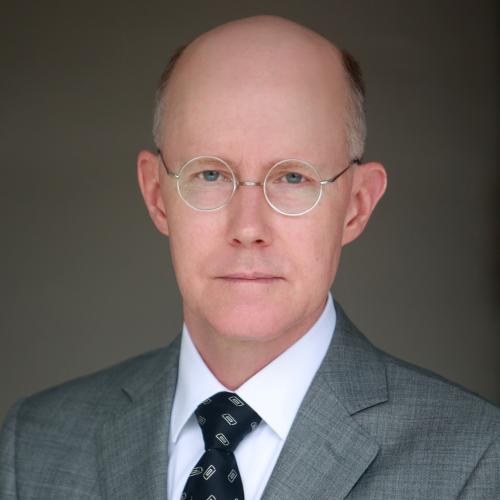Professor
Associate Dean for Research and Technology
Assistant Program Director for Landscape Architecture
Potter Rose Professor in Urban Planning
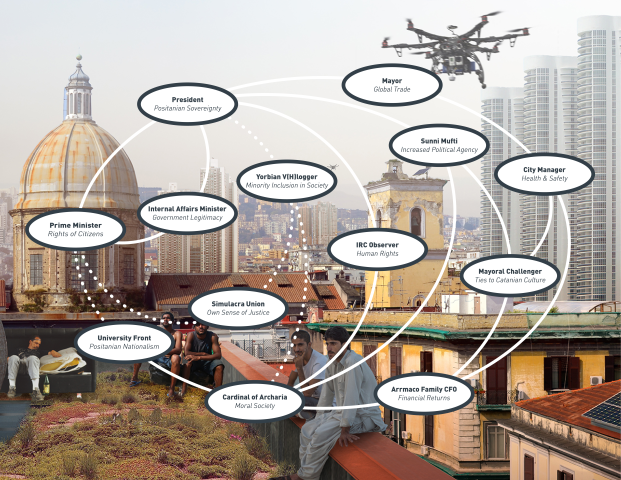
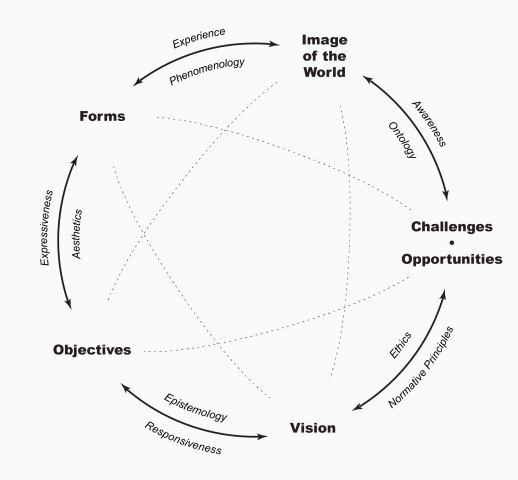
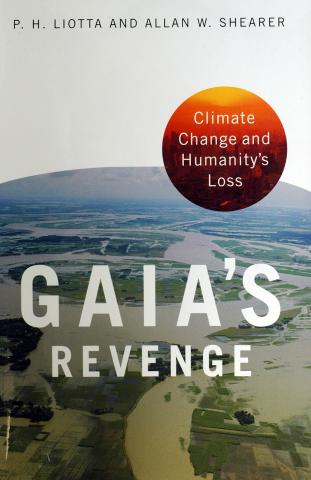
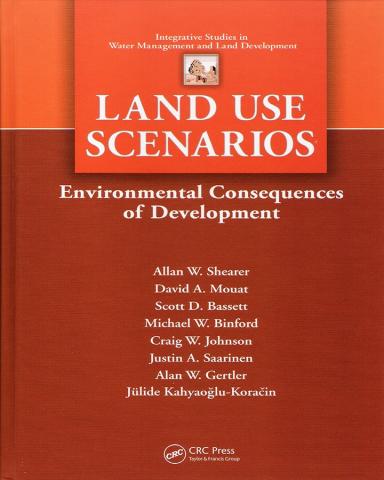
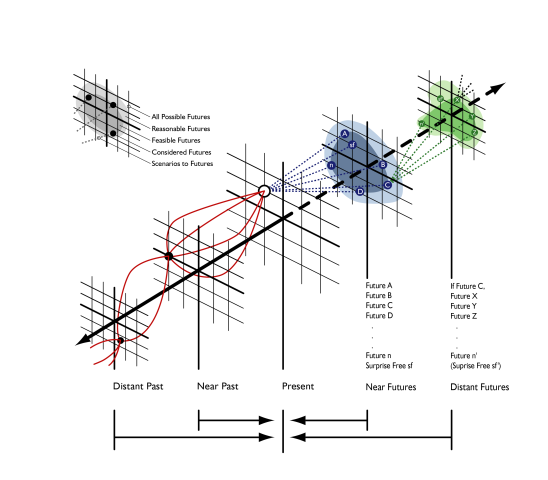
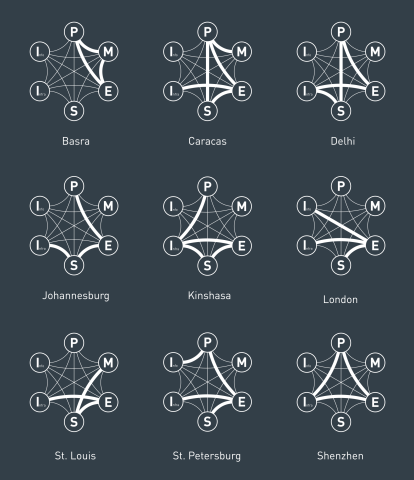
Allan W. Shearer teaches graduate-level landscape planning and design studios and courses that bridge Landscape Architecture and the school's other planning and design programs. His research centers on how individuals, communities, and societies envision change and how these descriptions of possible futures are used to inform present-day decisions. The work engages the expansion of the conceptual frameworks and methods of design and scenario-based studies.
A particular application of his research has been understanding how notions of security are applied to issues of landscapes and cities. He has contributed to the NATO Urbanization Project, which identified concepts and capabilities needed for future operations. He has also examined of the long-term role of military lands, which contribute to both national security—by providing training and testing areas—and environmental security—by sustaining the natural processes that contribute to a society's well-being, such as clean air, clean water, and native biodiversity. He has also written on relationships among national-, environmental-, and human security in the context of climate change.
His recent writings include a collaboration on "Conceptualizing a Model of Antifragility for Dense Urban Areas," which was published in the Journal of Digital Landscape Architecture, "The Paradox of Security," which was published in the book Design with Nature Now and excerpted online in Places Journal, and "Roleplaying to Improve Resilience," which appeared in a special issue on design teaching in Architecture_MPS.
He has received a Council of Educators in Landscape Architecture's award for Excellence in Research and Creative Works and was listed among the Most Admired Educators by the Design Futures Council. He is a Fellow of the American Society of Landscape Architects and of the Council of Educators in Landscape Architecture.
EDUCATION
- Ph.D., Harvard University
- A.M., Harvard University
- M.L.A. with Distinction, Harvard University
- A.B. (Art History), Princeton University
PUBLICATIONS
A.W. Shearer, D.J. Kilcullen, and G. Pendleton, "Conceptualizing a Model of Antifragility for Dense Urban Areas," Journal of Digital Landscape Architecture 6 (2021), pp. 75–84. https://gispoint.de/fileadmin/user_upload/paper_gis_open/DLA_2021/537705004.pdf
A.W. Shearer, "Roleplaying to Improve Resilience," Architecture_MPS 18:1 (2021), article 6, 14 pp. https://discovery.ucl.ac.uk/id/eprint/10121445/1/AMPS-18-6.pdf
A.W. Shearer, "Design Assumptions," in T. Fisher, B. Orland, and C. Steinitz (Eds.), The International Geodesign Collaboration: Changing Geography by Design (Redlands, California: Esri Press, 2020), pp. 15–19.
A.W. Shearer, "The Paradox of Security," in F. Steiner et al. (Eds.) Design with Nature Now
(Cambridge, Massachusetts: Lincoln Institute of Land Policy, 2019), pp. 294–300. Excerpted in Places Journal. https://placesjournal.org/article/the-paradox-of-security/
A.W. Shearer, "Abduction to Argument: A Framework of Design Thinking," Landscape Journal 34:2 (2015), pp. 127–138.
A.W. Shearer et al., Land Use Scenarios: Environmental Consequences of Development (Boca Raton, Florida: CRC-Taylor & Francis, 2009).
P.H. Liotta and A.W. Shearer, Gaia's Revenge: Climate Change and Humanity's Loss (Westport, Connecticut: Praeger, 2007).
A.W. Shearer, "Approaching Scenario-Based Studies: Three Perceptions about the Future and Considerations for Landscape Planning," Environment and Planning B: Planning & Design 32:1 (2005), pp. 67–87. https://journals.sagepub.com/doi/pdf/10.1068/b3116
A.W. Shearer, "Applying Burke's Dramatic Pentad to Scenarios," Futures 36:8 (2004), pp. 823–835. https://www.sciencedirect.com/science/article/pii/S0016328704000102
